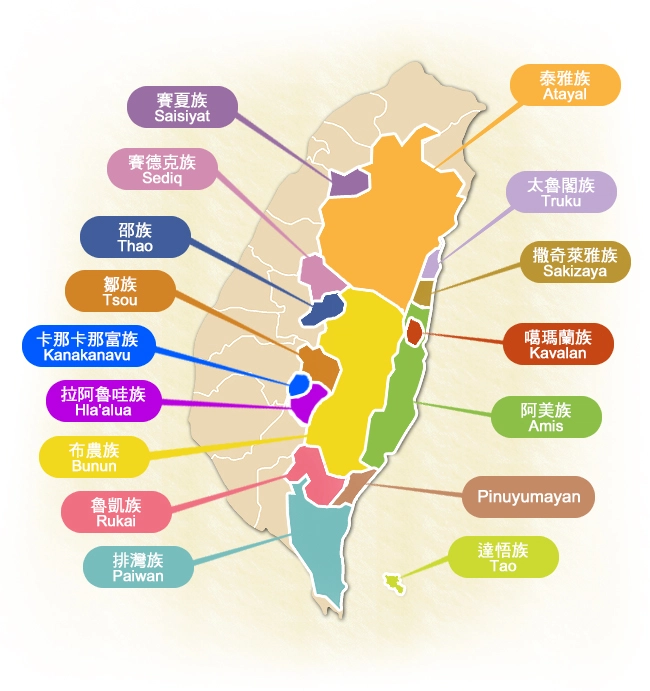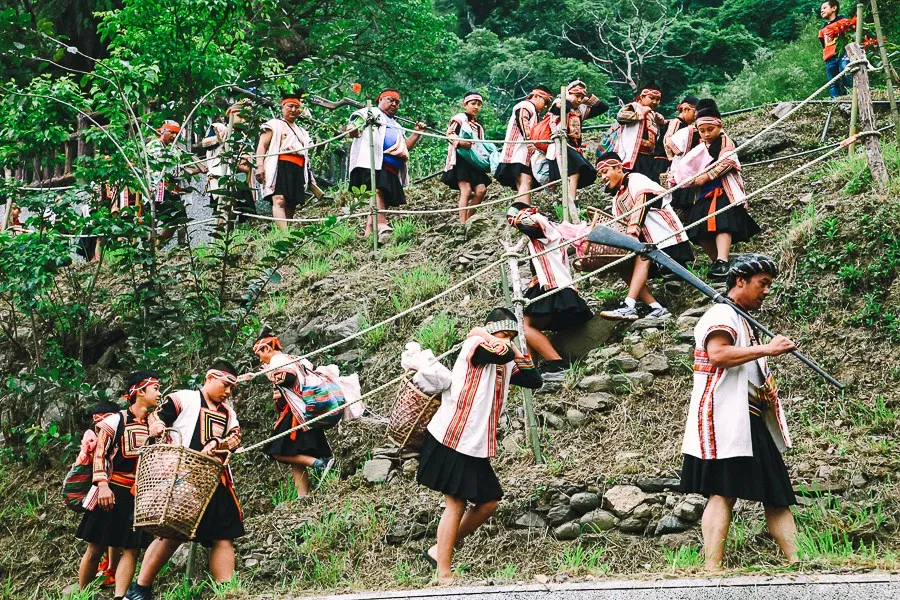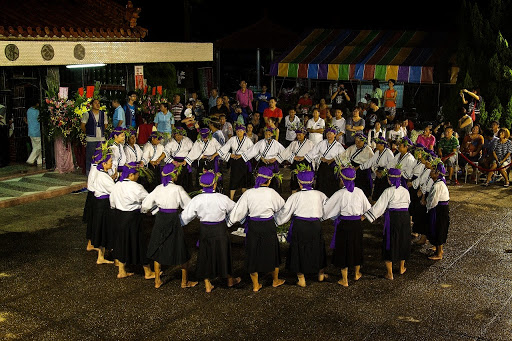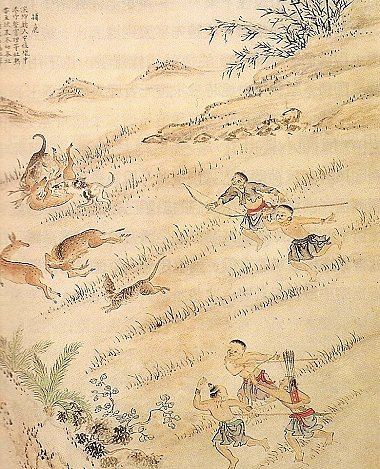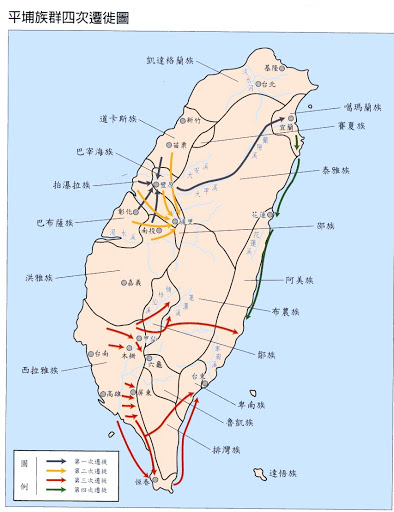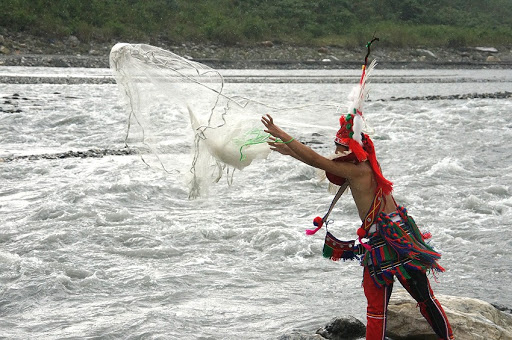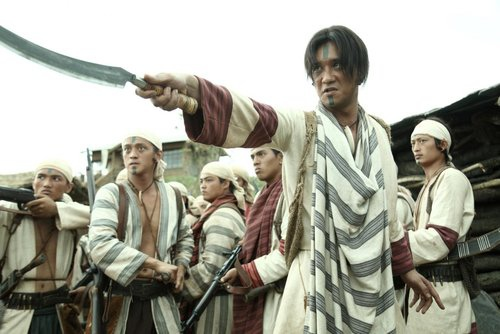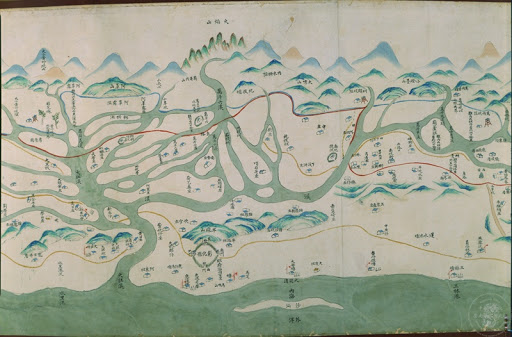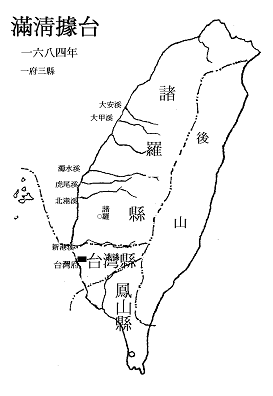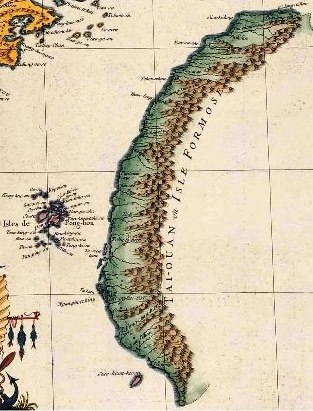[[Care for a Decolonial Population Exchange?
A long (and) overdue OOC thread
Because SteelKaffir forced my hand, I'm going to go all out on the thread I've been telling everyone I've been meaning to make for months. (Pacific Islander Standard Time kekeke) 1/
A long (and) overdue OOC thread
Because SteelKaffir forced my hand, I'm going to go all out on the thread I've been telling everyone I've been meaning to make for months. (Pacific Islander Standard Time kekeke) 1/
Tagging: @ArthropodFrog @joshiunn @catielila @tanchunkiet @michaelturton @TimMaddog @donovan_smith @kerslake_andrew @kendouhua @brianhioe @laorenchanna 2/
So it's no secret that the majority of the population is descended from settlers, in part or in full. (I won't go over the percentages because this is obvious.) And most of those settlers came from either Fujian or Guangdong over the course of almost 400 years. 3/
Now, this fact is a favorite of enemies of Taiwanese sovereignty to weaponize. "How dare they kill off all those poor helpless Formosan aboriginals, take their lands, run them up the mountains, and then have the gall to call themselves Taiwanese as if they came from there?" 4/
Let me nitpick at the ideas implied in that statement before I move onto my point.
First, I see too often on Zhihu and Quora (might as well be the same ATM) that Indigenous TWese are called "Gaoshanzu" or "Shandi-ren" ("Mountain Folk") are called that because 5/
First, I see too often on Zhihu and Quora (might as well be the same ATM) that Indigenous TWese are called "Gaoshanzu" or "Shandi-ren" ("Mountain Folk") are called that because 5/
the Han (meaning Chinese) colonists drove them off the good lands on the coasts up to the mountains where they have been living ever since.
This, of course, betrays a total lack of understanding of the indigenous peoples of TW. Allow me to explain. 6/
This, of course, betrays a total lack of understanding of the indigenous peoples of TW. Allow me to explain. 6/
Culturally & geographically, we can be roughly divided into 2 categories: Mountain and Plains.
When most people think of TW Indigenous, they're thinking of the former. Surely, they're there b/c they were driven off their lush native lands by Han invaders, right?
Except not. 7/
When most people think of TW Indigenous, they're thinking of the former. Surely, they're there b/c they were driven off their lush native lands by Han invaders, right?
Except not. 7/
Any honest look at the Mountain Indigenous peoples (Atayal, Seediq, Truku, Bunun, Tsou, Kanakanavu, Hla'alua, Rukai, Paiwan) shows how they are well-adapted to their highland environs, culturally and physically. This could only happen with millennia of adaptation. 8/
So there goes that sob story, right? Well, not quite. Such a large settler population had to have taken land from somebody to take such a large space, right?
Enter the Plains Indigenous. Often overlooked, forgotten, misunderstood, talked over, even appropriated. 9/
Enter the Plains Indigenous. Often overlooked, forgotten, misunderstood, talked over, even appropriated. 9/
Plains Indigenous groups centered their life around the lowlands on which they lived. That meant fishing (coastal & river), farming, and open-field hunting.
Most of them lived in the open plains of Western Taiwan, and they were the first to encounter foreigners. 10/
Most of them lived in the open plains of Western Taiwan, and they were the first to encounter foreigners. 10/
First they met traders, then colonial businessmen, then settlers.
Over successive colonial regimes and wars, they gradually lost land, language, and culture, choosing largely to assimilate in the end. (They're still around though, but that's another conversation.) 11/
Over successive colonial regimes and wars, they gradually lost land, language, and culture, choosing largely to assimilate in the end. (They're still around though, but that's another conversation.) 11/
As they were driven off their lands, where could they go? Seeing as they intermarried with settlers (before the Qing disallowed it), many of them stayed in tiny enclaves, remnants of their sovereign tribal lands.
Others migrated to places of refuge. 12/
Others migrated to places of refuge. 12/
But could they go up the mountains, like the widespread myth says they did? As stated before, those places were occupied by tribes who were protective of their lands. (But they weren't enemies, and many Mountain tribes facilitated the migration of Plains refugees.) 13/
More importantly, however, was that Plains tribes were simply maladapted to highland life. Millennia of lowland life couldn't simply change in a matter of decades.
If they traveled anywhere, they went to other lowlands. For ex., Puli, Nantou, home to 7 tribes, is a basin. 14/
If they traveled anywhere, they went to other lowlands. For ex., Puli, Nantou, home to 7 tribes, is a basin. 14/
Before I wrap up this point, I should remark that Amis-Pangcah, Thao, and Pinuyumayan are technically also Plains indigenous (plus Kavalan & Sakizaya). It was only because the 1st 3 were relatively untouched by colonialism that they were grouped with the Mountain Indigenous. 15/
Moving on. Next is that the indigenous were "helpless" as the cruel Han Chinese sent them fleeing.
Haha, no. It's patronizing. Has anyone seen Seediq Bale? ALL tribes fought wars, defended themselves from invaders, and hunted each other's (and settlers') heads for sport. 16/
Haha, no. It's patronizing. Has anyone seen Seediq Bale? ALL tribes fought wars, defended themselves from invaders, and hunted each other's (and settlers') heads for sport. 16/
In fact, the Qing government knew this well, so they sent Plains tribesmen packing to the foothills so that the highlanders would fight THEM and not the colonists.
That was the "savage border", where Han settlers were forbidden from crossing. 17/
That was the "savage border", where Han settlers were forbidden from crossing. 17/
Plains indigenous lost their lands largely through unfair land contracts and simple swindling (usually through marriage - did anyone forget that?). But even as settlers outmatched them in arms and number, they stood brave for centuries until they couldn't anymore. 18/
Finally, the emergence of a Taiwanese identity for the non-indigenous is riddled with so many historical complications that it needs another thread. But let me clear a few things up:
19/
19/
1. "Taiwan" wasn't the name for the island until the Qing made it so. The name comes from a Siraya toponym for the bay that would eventually become Tainan. First the southern half of the island was Taiwan, then the whole thing. 20/
2. "Formosa" is a Portuguese word for the whole island, given by sailors shortly before Dutch colonization. That's a more colonial name than Taiwan. Stop calling Indigenous Taiwanese "Formosan", especially to contrast us against Han Taiwanese. 21/ cont'd in a new thread
Thread continued here: https://twitter.com/Tao_Collective/status/1342002758652735488

 Read on Twitter
Read on Twitter